-
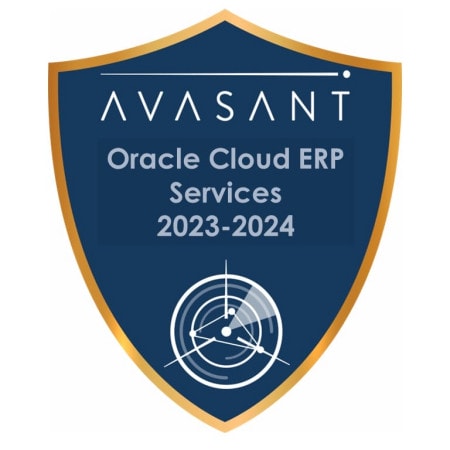
Oracle Cloud ERP Services 2023–2024 RadarView™
The Oracle Cloud ERP Services 2023–2024 RadarView™ assists organizations in identifying strategic partners for adopting Oracle Cloud ERP by offering detailed capability and experience analyses for service providers. It provides a 360-degree view of key Oracle Cloud ERP service providers across practice maturity, partner ecosystem, and investments and innovation to help enterprises identify the appropriate service partner. The 75-page report also highlights the top supply-side trends in the Oracle Cloud ERP services space and Avasant’s viewpoint on them.
February, 2024
-
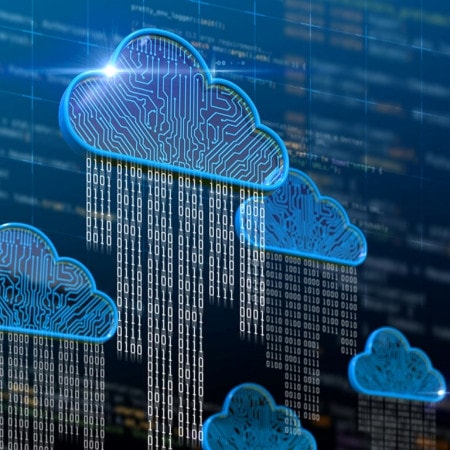
Oracle Cloud ERP Services 2023–2024 Market Insights™
The Oracle Cloud ERP Services 2023–2024 Market Insights™ assists organizations in identifying important demand-side trends that are expected to have a long-term impact on any Oracle Cloud ERP implementation or maintenance project. The report also highlights key challenges that enterprises face today in this space.
February, 2024
-
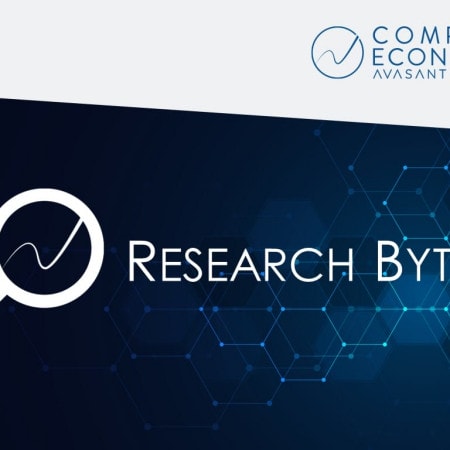
Oracle Wants Us to Take Our Hands off the Wheel…Are We Ready?
Last year, Oracle announced an autonomous database. This year it’s an autonomous operating system. But are customers ready to give up control to this extent?
September, 2019
-

Oracle Adding NetSuite to its Cloud Portfolio
Oracle is acquiring NetSuite, the market share leader in cloud ERP, for about $9.3 billion. This Research Byte analyzes what the move means for Oracle, NetSuite's customers, and the cloud ERP landscape.
July, 2016
-

Oracle v. Rimini Street Verdict Clarifies Ground Rules for Third-Party Maintenance
Earlier this month, the jury reached its verdict in the Oracle v. Rimini Street lawsuit, a closely-watched case involving third-party maintenance (3PM) in the enterprise software industry. Assuming the jury’s verdict stands up against potential appeals, the case sets an important precedent for how 3PM providers should operate to ensure they are not violating the intellectual property rights of the software owners. We expect customer use of third-party maintenance will increase as a result of this verdict.
October, 2015
-
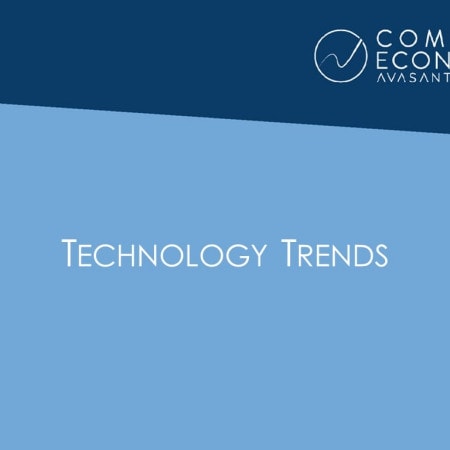
Understanding Cloud ERP Buyers and Providers
Not all ERP systems that are labeled “cloud” are the same. At the same time, vendors need to realize that not all ERP buyers are the same. The study provides an overview of ERP cloud vendors and describes the two major categories of buyers in this market: first-time buyers looking for their first ERP systems and established companies replacing their legacy systems. We also segment cloud ERP providers into two categories: cloud-only ERP providers and traditional vendors that have added cloud or hosting as deployment options. We conclude with recommendations for buyers and providers who seek to serve these markets. Two appendices provide our analysis of key ERP vendors in each category. (32 pp., 6 fig.) [Research Byte]
August, 2014
-

Enterprise Software Suites Don’t Always Win
The major enterprise software providers promote their pre-built integration as a selling point in capturing new business from existing clients. But do suites always win? Based on recent deals observed by Computer Economics, it appears that the integration story is not resonating with buyers as it once did.
February, 2014
-

Oracle and Salesforce.com: The Great Detente
Salesforce.com and Oracle have announced a "new strategic partnership." For their mutual customers, the announcement represents a welcome thawing of relations between the two companies. But it remains to be seen whether it represents a strategic change of direction for Salesforce.com.
June, 2013
-

Go-Forward Strategies for Oracle Application Customers
Customers of Oracle’s business applications face crucial decisions as the vendor seeks to substantially increase its applications, hardware, and service footprint within its accounts. To assist in those decisions, this study assesses customer satisfaction with Oracle support, plans for migration to Fusion applications, use of Sun hardware, consideration of third-party maintenance services, and forecasts for Oracle’s share of IT budgets. We present survey results for E-Business Suite, PeopleSoft, JD Edwards, and Hyperion. In addition, we provide application support staffing ratios for each application, which can be used for benchmarking and planning purposes. We conclude with recommendations as to how customers should move forward with Oracle applications. (51 pp., 30 figs.) [Research Byte]
November, 2010
-
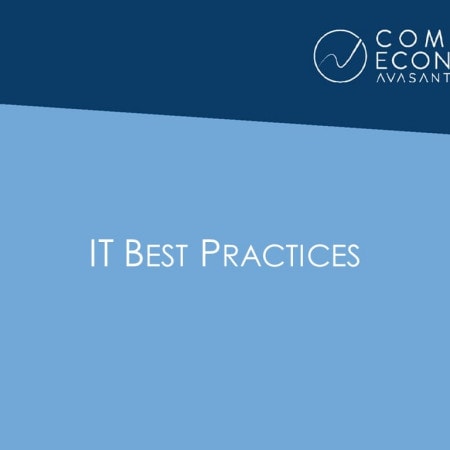
Guiding Successful Business Intelligence Initiatives
Today, enterprises rely on many systems to run the business: SCM, ERP, CRM, POS systems, call centers, and e-commerce and online customer touch-points. Each of these systems produces volumes of data about customers, transactions, sales, inventory, and human resources. The problem becomes how to amass this data and turn it into actionable information for decision makers across the enterprise. This is the focus of the business intelligence (BI) environment, enabling an enterprise to wring greater business insight from the increasing volumes of data. This article looks at the technology that drives the business case for BI and at how this technology is integrated into business decision making.
November, 2004

 Grid View
Grid View List View
List View